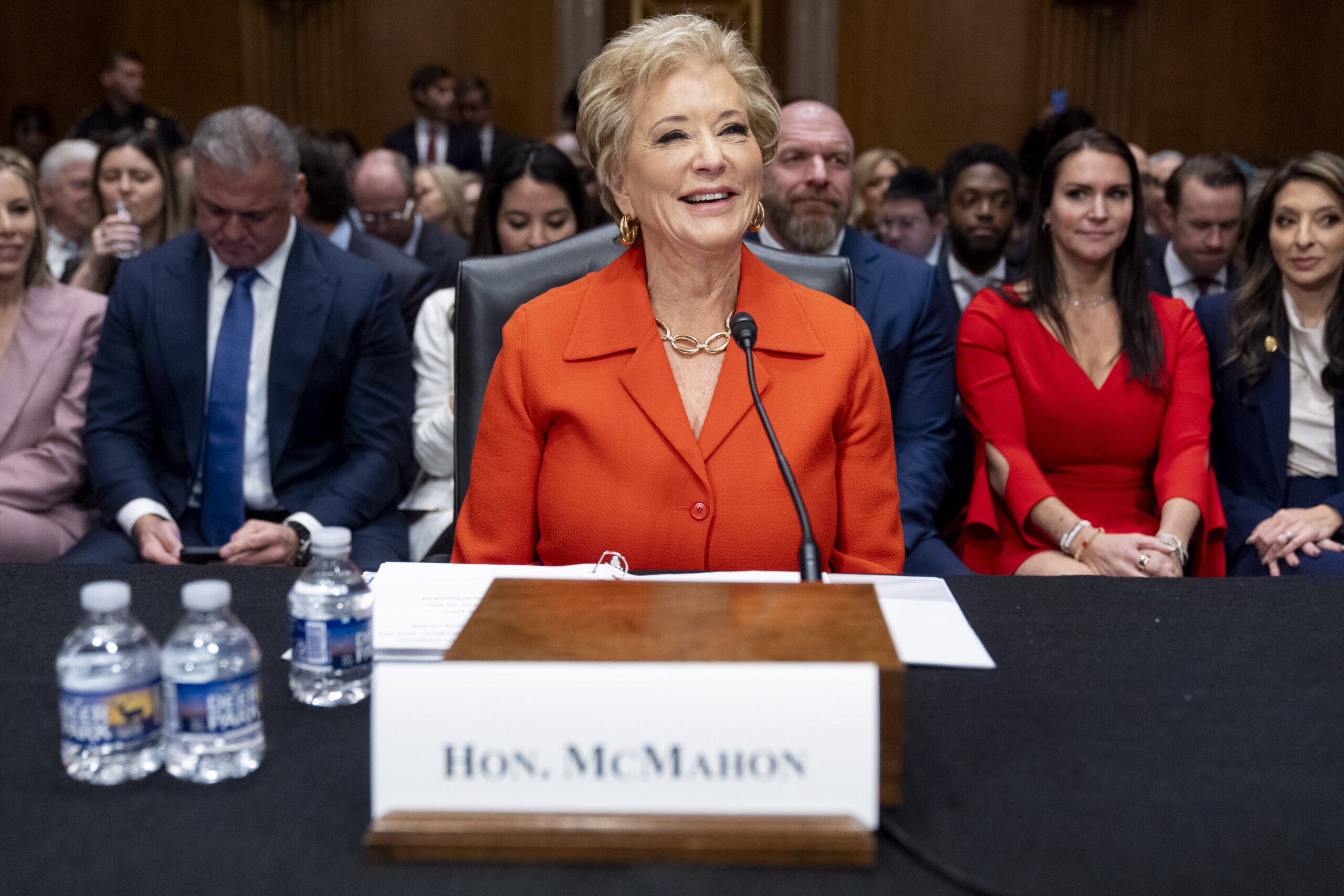As monkeypox spreads across dozens of countries, one of the few biotechs publicly working on a new vaccine for the virus is gearing up to enter the clinic in the first half of next year.
The study of Tonix Pharmaceuticals’ live virus vaccine will occur at Kenya Medical Research Institute, or KEMRI, in the East African country, the partners said Thursday. While Kenya has no reported cases of the virus that leads to painful lesions, the country is close to the Democratic Republic of the Congo, which had 163 cases as of July 27, according to a CDC tracker.
Similar to the initial rollout of Covid-19 jabs, the US and Europe have consumed much of the vaccine supply. Africa is entirely devoid of vaccines for the virus, the continent’s CDC director said Thursday. Vaccines are crucial in public health. Africa is home to the only deaths thus far of the virus that in recent days was declared a public health emergency by the World Health Organization. The Biden administration is reportedly on track to give the virus a similar designation.
“Because of the need in Africa, we think that the development there will go faster, but it is our intention to file an IND and do studies in the United States,” Tonix CEO Seth Lederman told Endpoints News. “The view of the United States right now is that we do have two approved vaccines.”
“It’s hard for me to imagine an accelerated pathway in the United States, and that’s why I think that this partnership with KEMRI and doing studies in Kenya is good for both parties,” the CEO said. “Kenya has potential to get a vaccine that they don’t really have right now, and we have an opportunity to get data that we can bring back to the FDA to make a more compelling case that we may have a safety advantage for a live virus vaccine.”
Studies of the vaccine could lead to another tool in the arsenal against the virus, with two vaccines already in use in the US — Bavarian Nordic’s Jynneos and Emergent BioSolutions’ ACAM2000, bought from Sanofi a few years ago. Reported cases tallied up to more than 20,600 as of July 27.
The Phase I study in Kenya will begin in the first half of next year, with KEMRI leading the study and Tonix supporting regulatory filings and other logistics. If monkeypox cases arise in Kenya, then a Phase II clinical trial might serve as a barometer of efficacy, Lederman said.
With two vaccines already on the market — albeit in limited supplies to the point where hundreds of people have waited for hours in lines at clinics, bars and public saunas in cities like Chicago — the New Jersey biotech is unlikely to test the vaccine stateside in the near future, Lederman said.
Tonix has been working on monkeypox and smallpox for close to a decade, Lederman said. The company’s vaccine, dubbed TNX-801, is traced back to a research collaboration with the Department of Cell Biology at the University of Alberta.
In a previous so-called challenge study, Tonix gave the vaccine to eight non-human primates and then delivered a lethal dose of monkeypox into their lungs via the intratracheal route. All eight were protected and did not develop lesions, Lederman said.
For years, the biotech has been attempting to treat fibromyalgia and is currently in a Phase III trial for the condition, as well as nearing mid-stage studies in PTSD, depression and long Covid.
Earlier this week, the biotech said it will hand back the rights to an inhibitor of the virus behind Covid-19. Lederman said “the biotech equity capital markets are challenging” and the company is focused on advancing its other programs.
But Tonix is not out of Covid, with a Phase II study in long Covid slated to start this quarter and a collaboration with Columbia University, which is taking antibodies from patients who have recovered from the pandemic disease, that might spur research into a new Covid-19 antibody, Lederman said.
“We are going to be very actively pursuing antibodies to new variants as they come up,” the CEO said, noting it could become a “niche market where you’re developing these antibodies, they’re going to have a relatively short lifespan in terms of treatment, but there are people for whom these are lifesaving, so that’s the angle to the market that we’re going after.”




















Discussion about this post